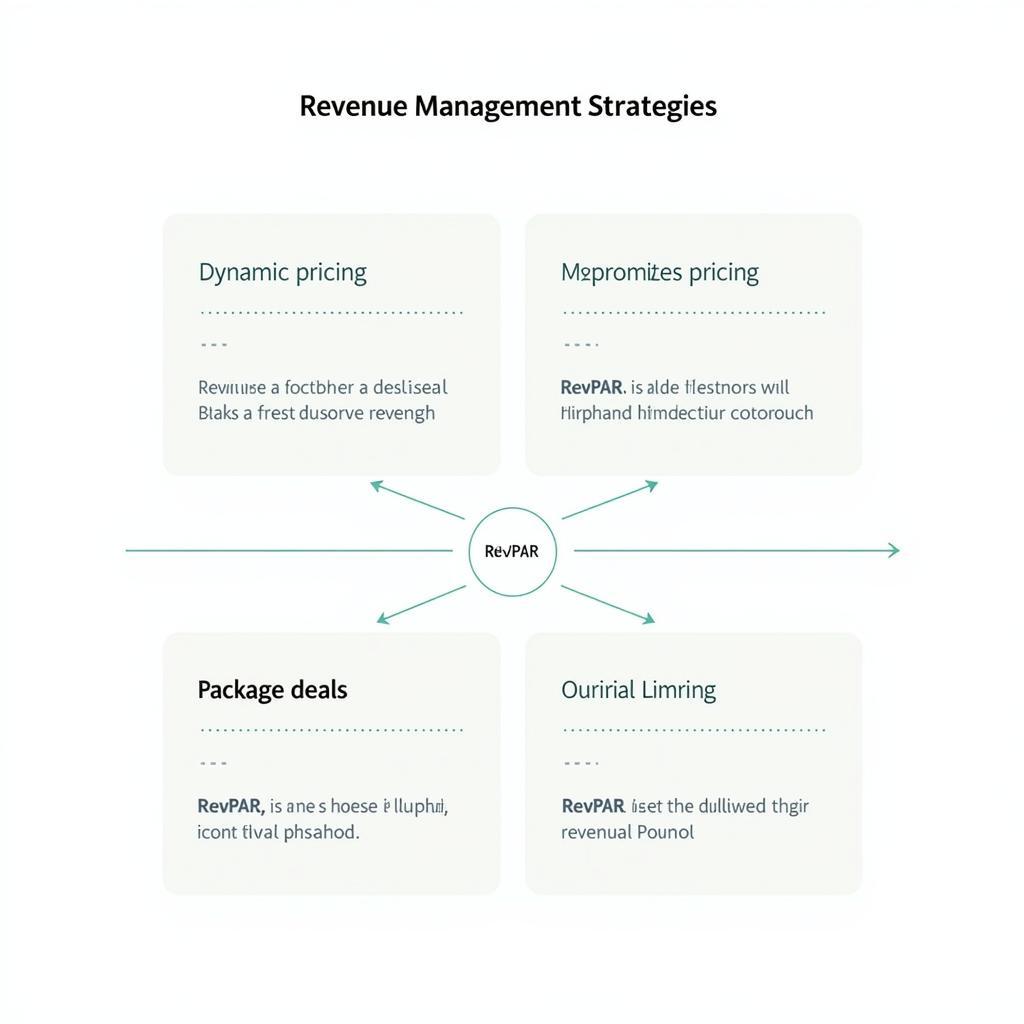Hospitality Industry Managerial Accounting is crucial for success in this competitive landscape. Understanding how to effectively manage finances can be the difference between thriving and merely surviving. This article dives deep into the core concepts and practical applications of managerial accounting within the hospitality sector.
What is Hospitality Industry Managerial Accounting?
Managerial accounting in the hospitality industry provides financial information to internal stakeholders—managers, department heads, and other decision-makers—to aid in operational planning, control, and evaluation. Unlike financial accounting, which focuses on external reporting, managerial accounting helps optimize internal processes and improve profitability.
Key Concepts in Hospitality Managerial Accounting
- Cost Accounting: This involves tracking, classifying, and analyzing costs associated with running a hospitality business. Understanding costs allows for accurate pricing strategies and efficient resource allocation.
- Budgeting and Forecasting: Creating realistic budgets and forecasting future performance is essential for effective financial management. This involves analyzing past data, market trends, and anticipated occupancy rates.
- Performance Measurement: Regularly measuring key performance indicators (KPIs) like revenue per available room (RevPAR), average daily rate (ADR), and occupancy percentage helps identify areas for improvement and track progress towards goals.
- Decision-Making: Managerial accounting provides the data-driven insights needed to make informed decisions about pricing, menu engineering, staffing levels, and capital investments.
How Managerial Accounting Impacts Hospitality Businesses
Effective managerial accounting can significantly impact a hospitality business’s bottom line. By accurately tracking costs, optimizing pricing, and making data-driven decisions, businesses can:
- Increase Profitability: Identify and eliminate unnecessary expenses, optimize pricing strategies to maximize revenue, and improve operational efficiency.
- Enhance Operational Efficiency: Streamline processes, reduce waste, and allocate resources effectively based on data-driven insights.
- Improve Decision-Making: Make informed decisions based on accurate financial data, leading to better resource allocation and improved outcomes.
- Gain a Competitive Edge: Understand your business’s financial performance better than your competitors, allowing for more strategic pricing and marketing efforts.
Using Managerial Accounting to Drive Revenue Growth
Managerial accounting can be a powerful tool for driving revenue growth. By analyzing data on customer behavior, spending patterns, and market trends, hospitality businesses can identify opportunities to upsell, cross-sell, and personalize offerings.
 Revenue Management Strategies in Hospitality Accounting
Revenue Management Strategies in Hospitality Accounting
Challenges and Solutions in Hospitality Managerial Accounting
Implementing effective managerial accounting practices can be challenging. Some common hurdles include:
- Data Collection and Analysis: Collecting and analyzing large amounts of data can be time-consuming and require specialized software and expertise.
- Keeping Up with Industry Trends: The hospitality industry is constantly evolving. Staying updated with the latest trends and best practices is crucial for effective managerial accounting.
- Integrating Technology: Implementing new accounting software and integrating it with existing systems can be complex and require significant investment.
Overcoming Challenges with Technology
Technology can play a key role in overcoming these challenges. Modern accounting software can automate data collection, analysis, and reporting, freeing up valuable time for managers to focus on strategic decision-making.
“Investing in robust accounting software is no longer a luxury, but a necessity for success in today’s hospitality landscape,” says John Smith, CPA and hospitality industry consultant. “The insights gained from data analysis are invaluable for making informed decisions and driving profitability.”
Conclusion
Hospitality industry managerial accounting is vital for optimizing profitability and driving success. By understanding and applying key concepts like cost accounting, budgeting, and performance measurement, businesses can make data-driven decisions, enhance operational efficiency, and gain a competitive edge. Embracing technology and staying informed about industry trends are crucial for overcoming the challenges associated with implementing effective managerial accounting practices. Mastering these principles can be the key to thriving in the dynamic and competitive hospitality industry.
FAQ
- What is the difference between managerial and financial accounting in hospitality?
- How can managerial accounting help control costs in a hotel?
- What are some common KPIs used in hospitality managerial accounting?
- How can technology improve managerial accounting processes?
- What are the benefits of using budgeting and forecasting in hospitality?
- What are some common challenges in implementing managerial accounting in a restaurant?
- How can managerial accounting contribute to better decision-making in the hospitality industry?
For further assistance, please contact us at Phone Number: 02437655121, Email: [email protected] Or visit us at: No. 298 Cau Dien Street, Minh Khai, Bac Tu Liem, Hanoi, Vietnam. We have a 24/7 customer service team.